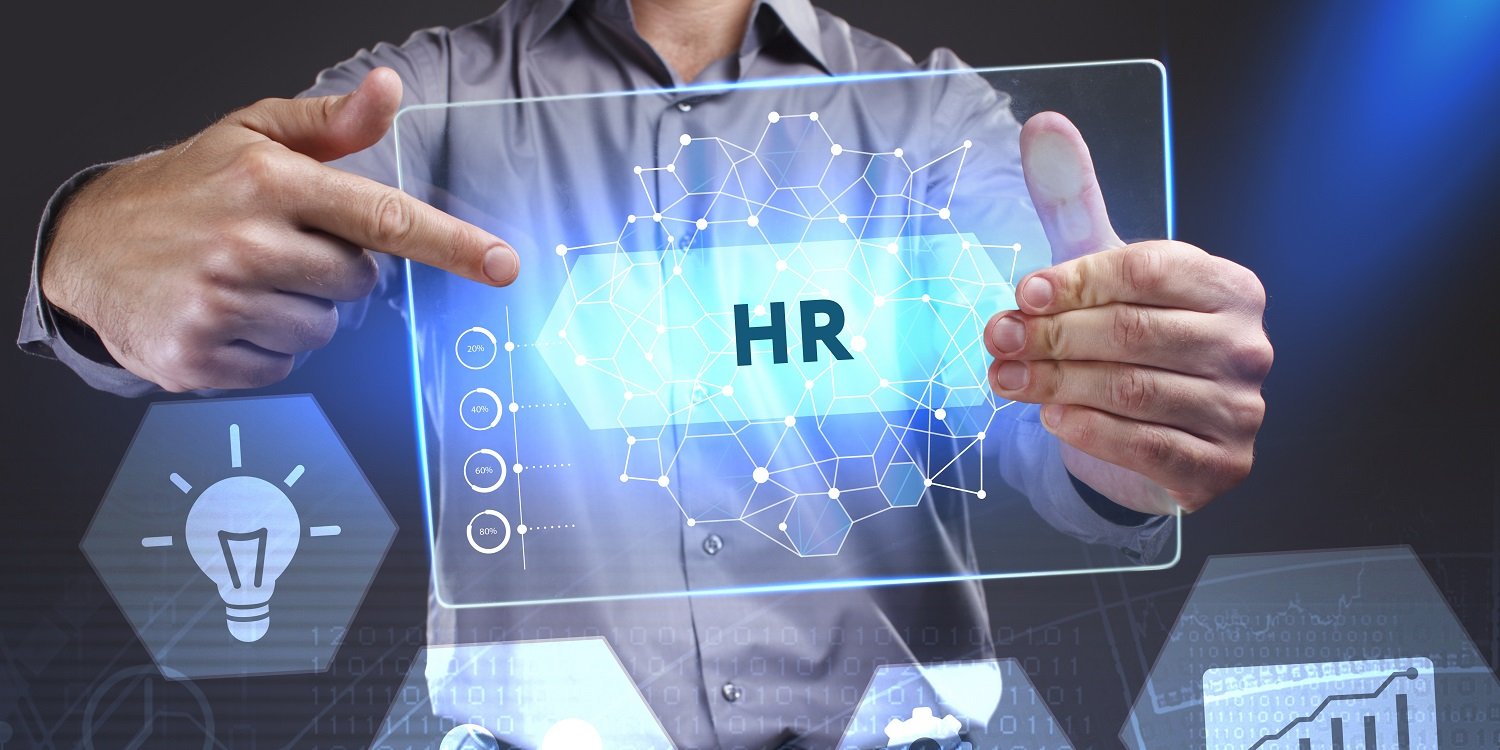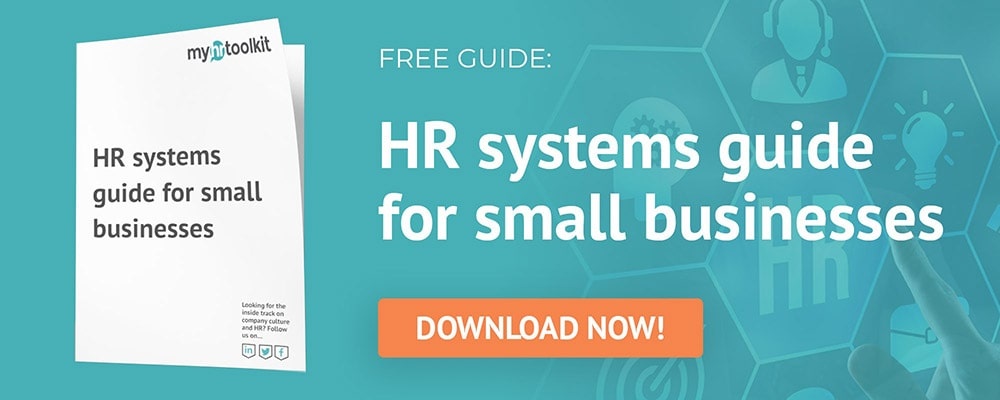If you’re a small to medium enterprise (SME) and considering implementing your first HR system but not sure where to start, read our blog post series, supported by four HR software industry experts, on how to choose the right HR software for your business.
In part one, we review when SMEs should look to implement their first HR system.
Implementing your first HR software system

Knowing when to invest in a HR system can be daunting, particularly for SMEs, where time and other resources can be limited. However, HR software's abilities to save SMEs time and organise their documents and admin means it can be a hugely worthwhile investment sooner than you think.
In short, there’s no optimum time to implement your first HR Software system. Smaller teams can see just as many benefits as larger companies when it comes to what HR software can bring to their organisation. In a webinar on choosing HR software, Zoe Wilson, HR Director from Rethink HR said, “When companies reach 30 employees they tend to start thinking about HR software but should be considering it before then if you want to make life easier for yourself.”
HR software systems: the benefits
HR systems are cloud based, so it doesn’t matter where employees are located; everyone has access to the same, most up to date information wherever they are. And if you have many files in different places, HR systems allow you to bring employee information in one centralised, backed-up place with a full audit trail, making it quick and easy to access employee details and records.
Learn more: What is an Access Control Policy?
Jon Curtis, the founder of myhrtoolkit, says: “From our experience in producing HR software since 2005, change is one of the biggest factors. If you’re a company who has grown or going through a period of growth, HR software can help.
"In addition, if you’re diversifying your geographical locations, perhaps opening new offices and need centralised control over your core HR admin, HR software can support you."
GDPR and data security

Additionally, one of the biggest moves towards HR software in the last 18 months has been due to concerns about GDPR and data security. Companies are realising that the old filing cabinet and excel spreadsheets aren't ideal. HR systems, on the other hand, enable you to keep your data secure and process it in a way that ensures its security.
Learn more: How to choose GDPR compliant HR software
Self-service HR admin
A self-service HR system also moves away from admin responsibilities being centralised in one place to enabling employees to carry out a variety of HR tasks for themselves. Zoe from Rethink HR says “A lot of clients look for software with accompanying apps that make it easier to carry out tasks such as booking holiday. People are used to using apps to update their personal details in everyday life so they now expect this in the workplace.”
As well as dramatically reducing administrative burden for the HR manager by putting the onus on staff, it leads to employees feeling more empowered and engaged and greater accuracy as they’re amending and checking their own personal data on the system.
Implementing HR software: the deciding factor

Ultimately, when deciding whether to implement an HR system, it’s about reviewing your individual business, evaluating how much time you’re spending on HR admin and whether these tasks are detracting you from your key role.
HR software can bring lots of benefits in terms of reporting, e.g. basic pay, absence, performance management, holiday entitlement reports and much more. So, if you’re becoming burdened by these tasks and have little time to focus on mission critical tasks, it may be time to consider an HR system that can streamline these processes.
Next post: The key benefits a HR system can provide

Written by Fiona Sanderson
Fiona is Marketing Manager at myhrtoolkit. Her areas of expertise include HR systems, productivity, employment law updates, and creating HR infographics.


 Holiday Planner
Holiday Planner Absence Management
Absence Management Performance Management
Performance Management Staff Management
Staff Management Document Management
Document Management Reporting
Reporting Health and Safety Management
Health and Safety Management Task Management
Task Management Security Centre
Security Centre Self Service
Self Service Mobile
Mobile




